Acne is a common skin condition that causes blackheads and pimples to break out on the face, chest, or back. It is not considered to be a medically serious condition, but severe or even mild to moderate acne can cause a great deal of emotional distress. In some causes, severe acne can be painful and may lead to permanent scarring.
Despite the fact that most people develop acne at some point in their lives, it’s a widely misunderstood condition and many myths persist about its causes and treatments. Here’s the truth behind some of the most common acne misconceptions.
Acne is caused by poor hygiene
It is true that acne occurs when skin bacteria mixes with oil, but this is a naturally occurring bacteria and cannot be removed by washing. The NHS advises that there is no evidence at all that poor hygiene causes acne, and in fact overwashing or washing with water that is too hot can make the condition worse.
It is true that leaving makeup on overnight can make acne worse, because this can clog up pores and lead to worse symptoms. Use a gentle cleanser to wash your face no more than twice a day, and if you use full coverage foundation, wipe away all traces with a facial toner after washing.
Acne is caused by diet
Some sources believe that dairy products may exacerbate acne symptoms, but according to the NHS there is no evidence that this is true. Everyone is different, and if you want to see if a change of diet will help, there is no harm in cutting back or eliminating certain foods as long as you take care to maintain a good balance of nutrients and vitamins.
However, the general consensus is that acne is predominantly caused by hormonal fluctuations, skin type, and genetic inheritance.
Acne is a teenage problem
Acne is usually at its worst during puberty when hormone levels are changing rapidly, but it can occur at any age. Women may find it flares up during menopause when hormonal changes are taking place, for example. Some people are affected by the condition throughout their adult lives, and it can flare up after being dormant for years.
Sunbathing cures acne
The sun may have a temporary drying effect on oily skin, but this won’t last beyond a few days. The redness caused by sun damage can also lead some people to believe that their acne is improved, but in most cases this will just disguise the inflammation rather than cure it.
Sunbathing without sunblock is also highly inadvisable, because it increases your risk of developing skin cancer and can lead to premature ageing of the skin.
You should not moisturise acne prone skin
It can be tempting to starve your skin of moisture if you are prone to spots and pimples, but this can be counterproductive because the skin may be triggered to produce more oil. Instead, use a light oil free product to keep your skin well hydrated.
If you are looking for a chemical peel in Essex, please get in touch with us today.
